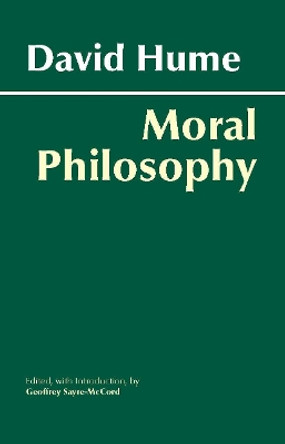David Hume's moral system involves considerations that seem at odds with one another. He insists on the reality of moral distinctions, while showing that they are founded on the human constitution. He notes the importance to morality of the consequences of actions, while emphasizing that motives are the subjects of moral judgments. He appeals to facts about human psychology as the basis for an argument that morality is founded, not on reason, but on sentiment. Yet, he insists that no "ought" can follow from an "is." He thinks that our motivation to justice must derive from our nature. Yet, he wonders how to explain why anyone would be motivated to follow rules when doing so does not further their personal interests. As an empiricist, his approach is descriptive, yet morality is prescriptive. This Element addresses these puzzles in Hume's moral theory, with reference to historical and contemporary discussions.
This Element answers critical questions about the sentimentalist moral theory of the major Enlightenment thinker, David Hume.Book InformationISBN 9781108706568
Author Elizabeth S. RadcliffeFormat Paperback
Page Count 75
Imprint Cambridge University PressPublisher Cambridge University Press
Weight(grams) 130g
Dimensions(mm) 230mm * 152mm * 4mm









